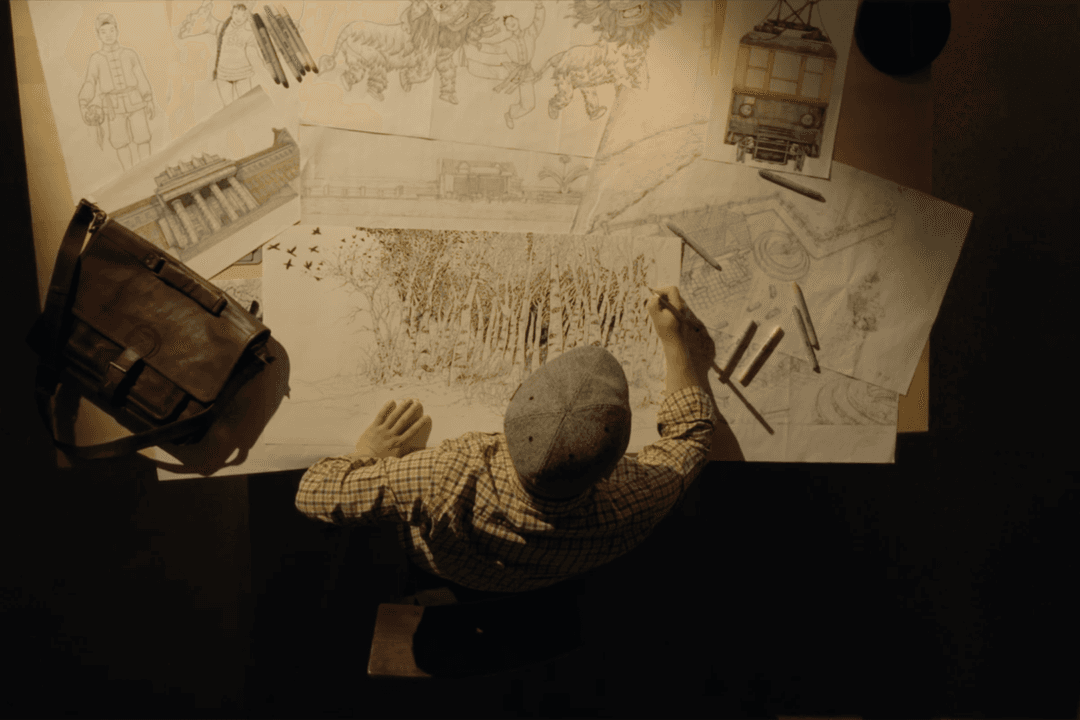Victoria’s Hotel Quarantine Inquiry has called Chief Health Officer Brett Sutton and “relevant parties” within the state government to submit additional statements after new evidence from the Premier’s office and the health department reveals contradictions in testimonies.
Appearing for the first time since closing public hearings three weeks ago, head of the Inquiry Justice Jennifer Coate, and Senior Counsel, Tony Neal, held an extraordinary sitting to provide a public update after new evidence emerged from Sutton’s emails.





